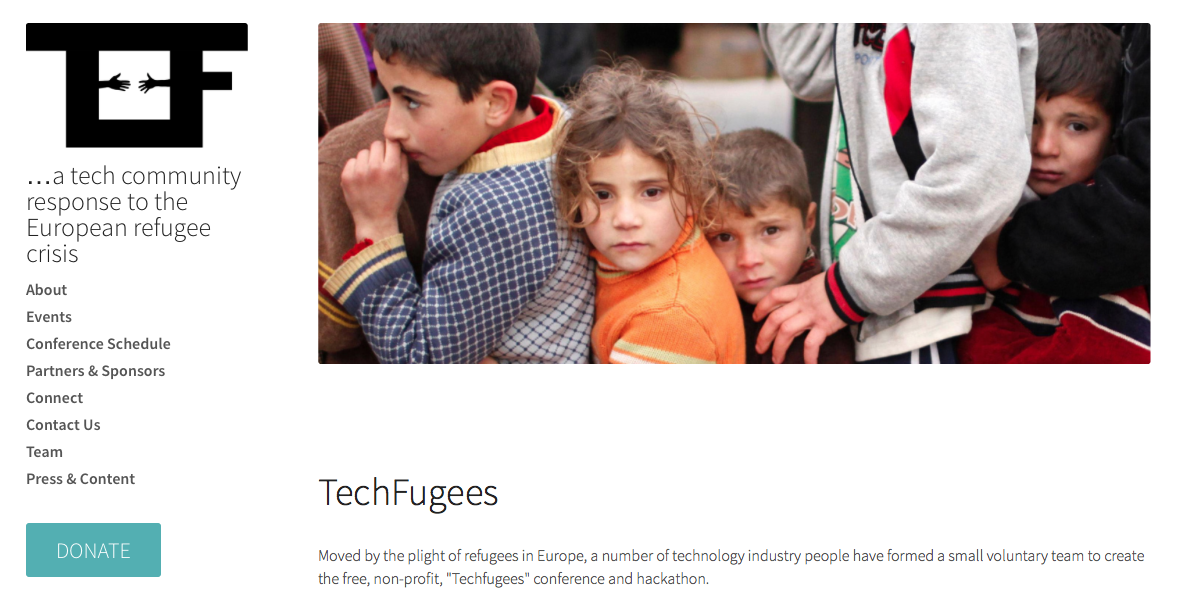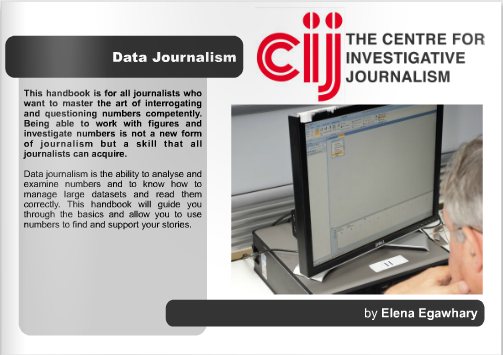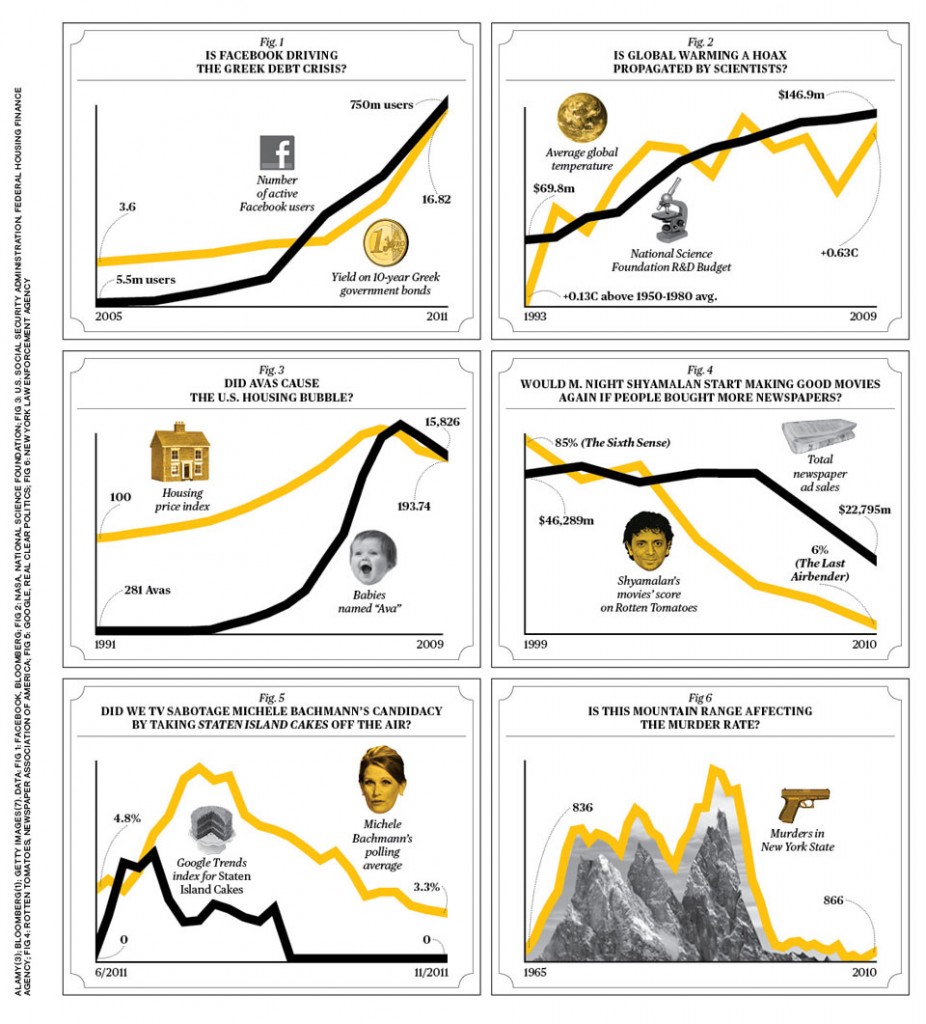The International Data Journalism Award competition was launched last week. It is the first ever contest to recognise outstanding work in the growing field of data journalism worldwide.
Organised by the Global Editors Network (GEN) in collaboration with Google and the European Journalism Centre, the Data Journalism Awards aimed at “setting standards and highlighting the best practices in data journalism.”
“We’d like to enhance collaboration between journalists, developers and designers,” Bertrand Pecquerie, CEO of GEN, announced at a press conference in London last week.
“But we also want to inspire people in the newsrooms by showcasing outstanding data journalism work,” he said.
A jury of data journalism experts and editors from all over the world will grant a total of 45,000€ to six winners.
There are three award categories:
– data-driven investigations
– interactive data-visualizations
– data-driven mobile or web applications / services.
Two sub categories will be defined for national and international media organisations and for regional and hyperlocal organisations. “It is very important to us to have that three levels so that students or freelancers don’t have to compete with big organisations,” says Antoine Laurent, DJA Project Manager.
The DJA website is now live and media companies, non-profit organisations, freelancers or individuals have until the 10 April 2012 to submit their application by filling this online form. Only entries published between 11 April 2011 and 10 April 2012 will be considered.
“We are convinced there is a bright future for journalism. At the moment, only a few organisations are working on data. There is a lot of it available online so what are the journalists waiting for? It is a good idea to define standards for data journalism and that’s what these awards set to do,” argued Bertrand Pecquerie, CEO of GEN.
Paul Steiger, CEO of Pro Publica, is the president of the jury for this competition. Other big figures from the world of data journalism such as Aron Pilhofer from the New York Times and Wolfgang Blau from the Zeit Online are also part of the jury.
“So many data journalists are alone in their newsrooms, we are building a network where they can meet,” Wilfried Ruetten, Director of the European Journalism Centre said during last week’s press conference.
The selection process will start in April and the winners will be announced during the 2012 News World Summit in Paris on 30 May 2012. Good luck!







